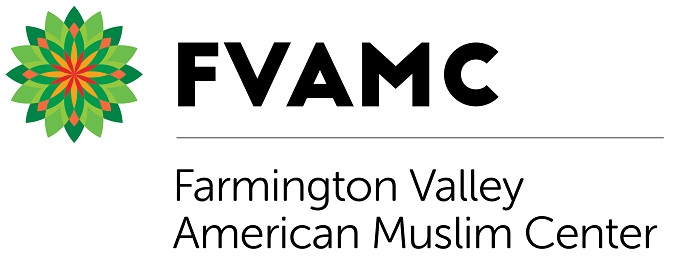adult-minor interactions
All interactions between adults and minors must be conducted in a safe and lawful manner. A minor is defined as a child sixteen (16) years of age or under. Here is a broad framework, not meant to be exhaustive of all rules and appropriate behaviors.
- All interactions, both in-person and electronic, between adults and Minors must be observable and interruptible.
- Follow the Rule of Three: Do not engage in private electronic communication with a minor. When necessary, electronic communications with minors must be open and transparent, meaning at least three individuals (e.g., a colleague, the Minor’s parent/guardian, or other adults) must be included in all communications.
- Only communicate with minors in a group message or public forum. Any private, one-to-one communication initiated by a minor to an adult must be shared with the parent/guardian.
- FVAMC staff shall not communicate with minors using personal accounts, including personal email, phone, or social media accounts. Maintain professional boundaries by only using professional and/or programmatic accounts for communication with minors.
- Adults must always understand and model appropriate behavior.
- Do not engage in any abusive conduct (or conduct that could be perceived as such) toward or in the presence of a minor. This includes, but is not limited to, hitting, kicking, shaking, slapping, restraining, degrading, threatening, shaming, humiliating, or withholding basic needs (e.g., water during physical activities).
- Do not engage in any sexual activity, sexually explicit conversations, or share sexually explicit material (or assist in providing access to such material) with minors.
- Do not touch minors in a manner that a reasonable person could interpret as inappropriate. Limit physical contact unless there is a clear, appropriate purpose (e.g., treatment of an injury), it is done in the presence of others, and consent of the minor and/or the parent/guardian is obtained first.
- Do not comment on the physique or body development of a minor, make sexual comments or jokes in their presence, or talk about topics of a sexual nature with a minor.
- Maintaining appropriate verbal interactions with minors is just as important as maintaining appropriate physical boundaries.
- Do not take or post images (or other personally identifiable information) of minors on social media or elsewhere without prior parental consent. Protect the privacy of minors by obtaining proper consent before posting anything about them.
- Authorized posts should only be shared on professional or programmatic platforms and after waiting a few days before doing so to protect their safety.
- Do not use, possess, or be under the influence of alcohol, illegal, or mind-altering drugs while interacting with a minor or when responsible for a minor’s welfare.
- Do not have or use firearms or weapons of any kind while maintaining custody or care of minors.
- Do not transport minors alone in any vehicle, except in an emergency. Additionally, personal vehicles should never be used for transporting minors. For offsite events, parents/guardians must be responsible for transportation.
- Treat all minors and their families equitably and respectfully.
- Do not discriminate against a minor based on gender, race, color, culture, place of birth, age, class, ability, health, or language.
- All minors are individuals whose differences are to be valued, and they must always be treated equitably, fairly, and respectfully.
- Immediately report illegal, unethical or unprofessional behavior.
